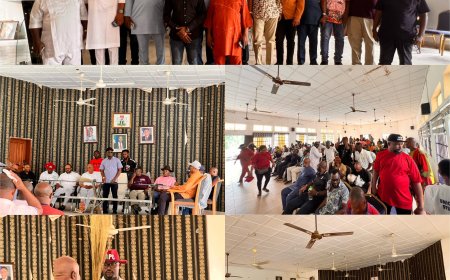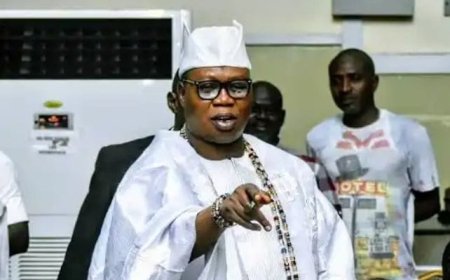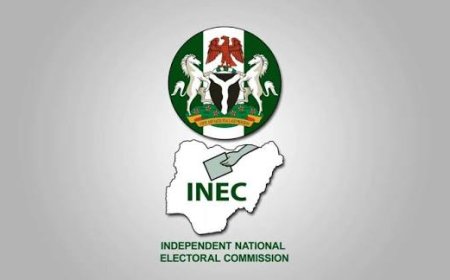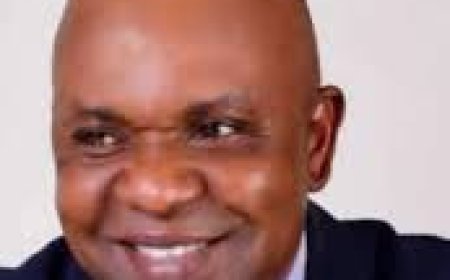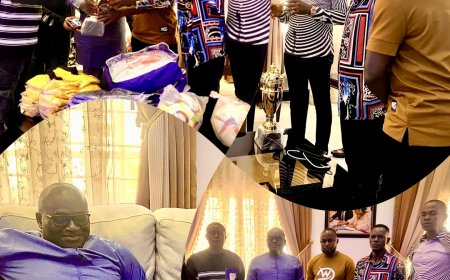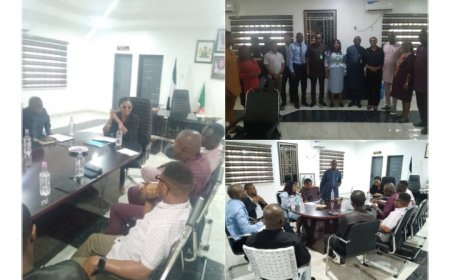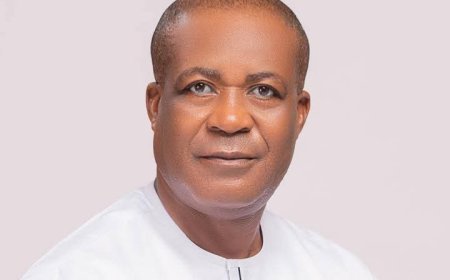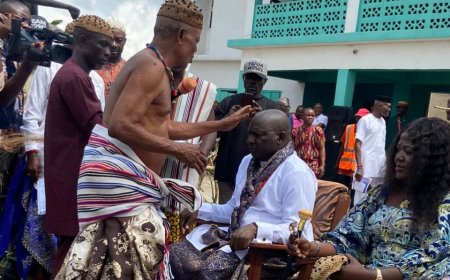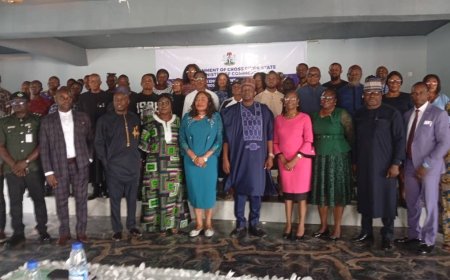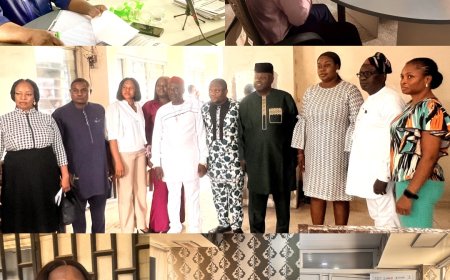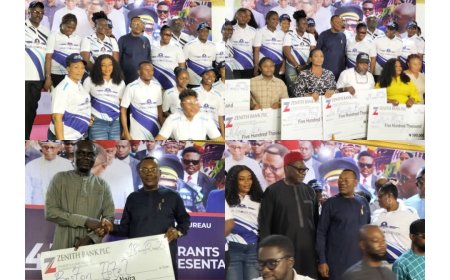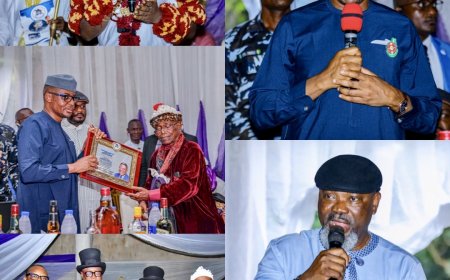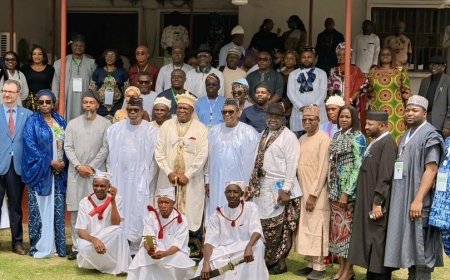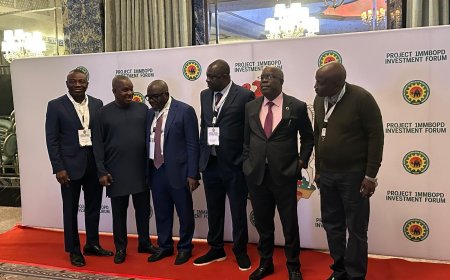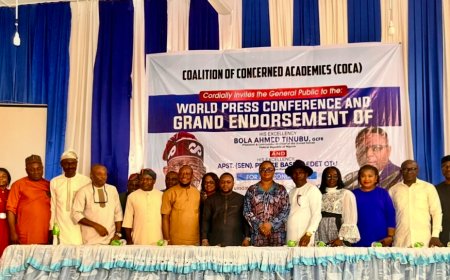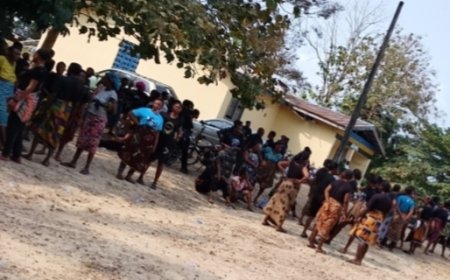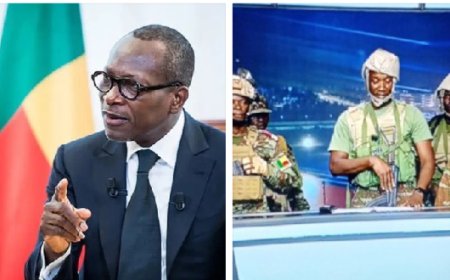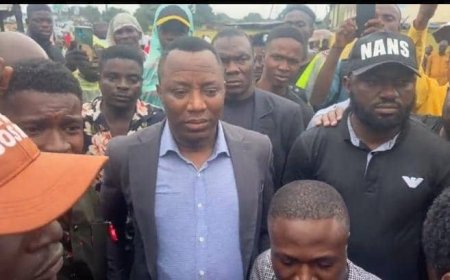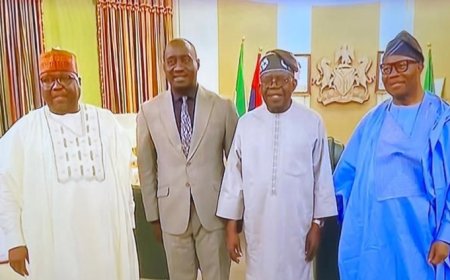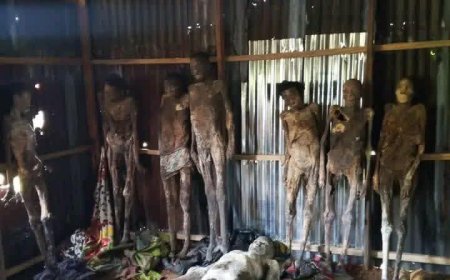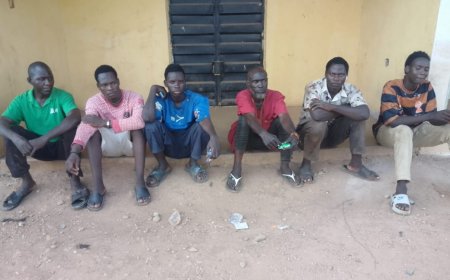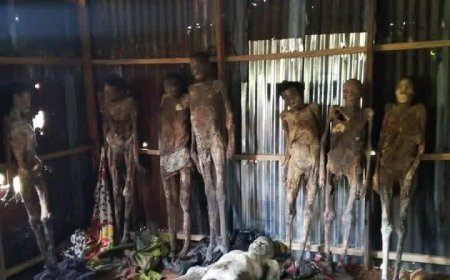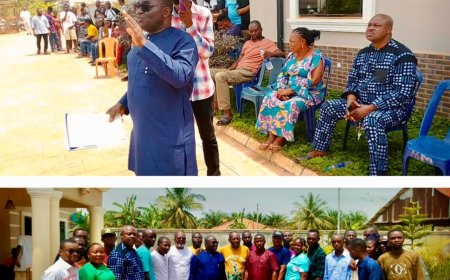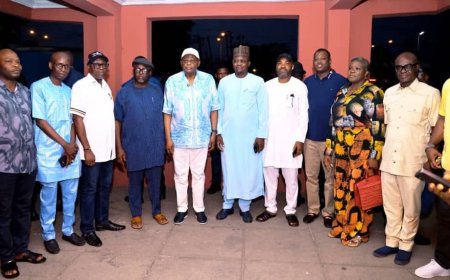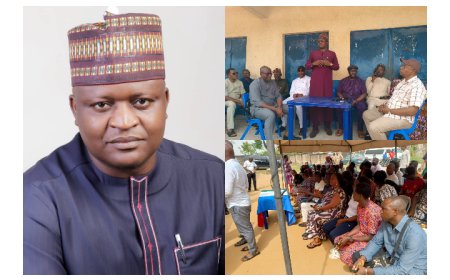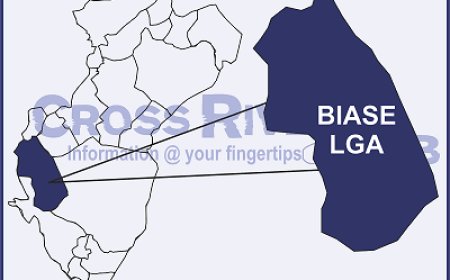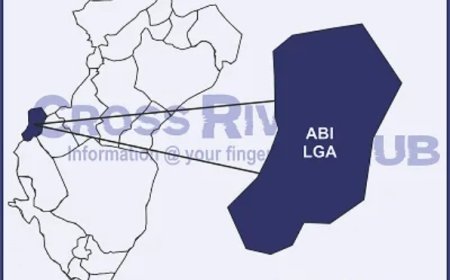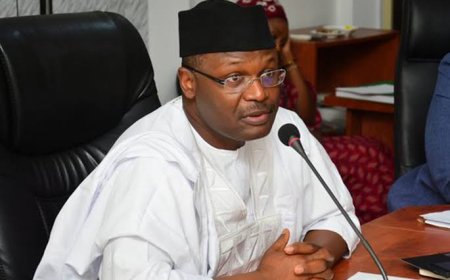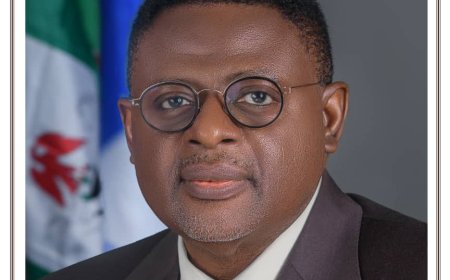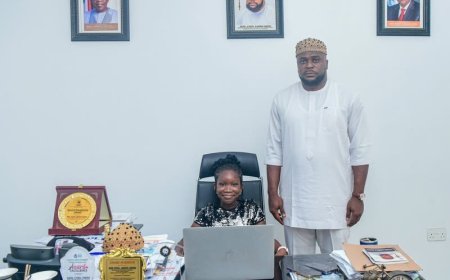AKAMKPA/BIASE 2027: WEIGHING THE ODDS BETWEEN EMIL INYANG AND PRINCEWILL OGBAN
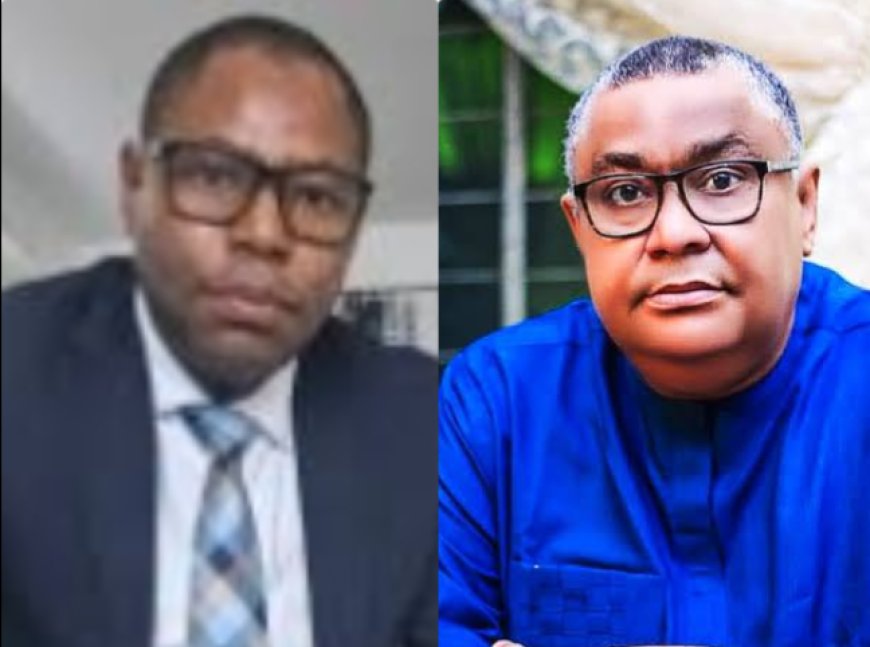
Anthony EKPO BASSEY
The 2027 race for the Akamkpa and Biase Federal Constituency promises to be a compelling political contest, with Emil Inyang and Princewill Ogban emerging as perceived frontrunners.
Both figures carry different strengths, reputations, and political capital, and their chances in the coming election will hinge on a complex mix of grassroots support, party dynamics, historical voting patterns, and the strategic groundwork laid in the years preceding the election.
EMIL INYANG
Emil Inyang is currently a Member representing Akamkpa-Biase Federal Constituency at the National Assembly. This is also an existing booster.
He was a former chairman of Biase for two terms. He was Governing Council Chairman, UNICROSS. He is a seasoned politician.
Emil Inyang is a widely recognised technocrat-turned-political figure who has steadily built a profile rooted in governance experience and policy-oriented engagement.
His appeal appears strongest among the emerging middle class, youth groups hungry for reformist ideas, and parts of the urban electorate who see in him a more modern, issues-based approach to representation.
However, this strength may also be a liability in a constituency where rural dynamics, traditional loyalty structures, and grassroots mobilisation remain crucial to electoral success.
Presently, Emil seems not to be on good standing with key stakeholders who felt alienated by him of recent. They are piqued at some level of neglect in terms of empowerment. He seems to be losing grassroots appeal.
The key question around Emil's chances is whether his technocratic appeal can be effectively translated into votes at the booth level, particularly, in Akamkpa and the deeper parts of Biase, where face-to-face engagement often carries more weight than policy proposals. He has to battle with the youth who are demanding for a power change to their generation. He seems to be losing grip with some power brokers in Government House and new emerging power bloc in Biase, who produced the incumbent council chairman. The new power bloc over-powered him to produce Edodi.
PRINCEWILL OGBAN
Princewill Ogban hails from Etana Erei in Biase LGA. Ogban cut his political teeth in 2003 when he contested for the position of Councilor before migrating to Canada in 2006 and since then he has not ventured out into active politics. He has a degree in Social Work from Dalhousie University and a Master of Social Work from the University of Waterloo. He is currently pursuing a Ph.D. in Social Work at the University of Calabar.
Princewill has held numerous leadership roles in Canada, including Regional Coordinator at Nova Scotia Community College Project Lead at Nova Scotia Health Authority, Manager at Hamilton Anti-Racism Centre, McMaster University, Manager at the Workplace Equity and Inclusion Branch, City of Ottawa, Director, Justice, Equity, Diversity, Inclusion, and Accessibility at the National Gallery of Canada, within the Federal Government Delegate United Nations Permanent Forum for People of African Descent, beyond his professional career, Princewill is a dynamic entrepreneur and philanthropist.
He co-founded Patwill Consulting Services Nigeria and Patwill Center for Health Canada. As a real estate investor in both Canada and Nigeria, he has made significant contributions to his communities. His dedication and accomplishments continue to serve as a vital asset to the people of Biase, Cross River State, Nigeria, Canada and globally.
Princewill Ogban strengths include a seasoned ground game and a strong sense of political timing. He has a wide network of business friends across South South and South East. However, Ogban’s challenge lies in broadening his appeal beyond loyalist networks.
Ogban is young too and may benefit from generational power change. He is a new entrant into the murky waters of state and national politics. To an extent, Ogban has no blemish and has grassroots appeal in his Erei community. He is a bridge between old and young, between conservatives and progressives politicians in Akamkpa and Biase. He navigates between those in power and the locals who see him as a brand new and can liberate his people from marginalisation and shackles of poverty.
Princewill Ogban’s success depends on his ability to hold together the local political machinery. But even more importantly, he must modernise his messaging to connect with a younger, more politically aware demographic.
Ultimately, the race is shaping up to be a contest between political structure and reformist energy, between entrenched familiarity and aspirational momentum. The candidate who manages to fuse both, retaining political loyalty while appealing to the electorate’s evolving expectations, will likely emerge as the more formidable contender. The next 18 to 24 months will be critical in shaping that trajectory.
In an era where electorate are increasingly asking for transparency, inclusion, and measurable performance, a strictly traditional approach may not be enough, especially if the opposition succeeds in energising young or previously indifferent voters. Definitely, the race for Akampa/Biase reps seat is going to be between the old generation of politician and the emerging new power brokers.
